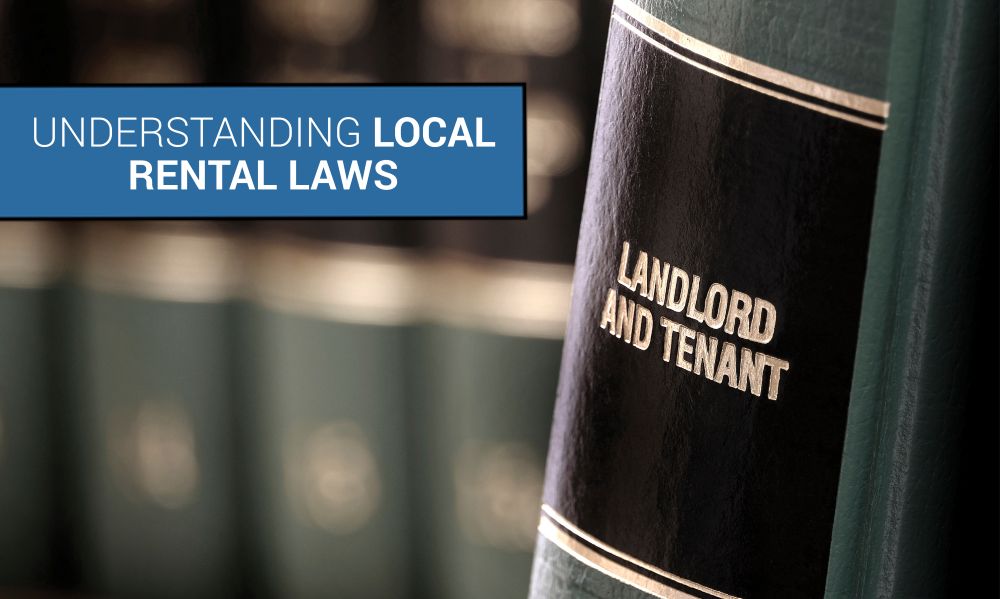Understanding Local Rental Laws
As a property manager, your responsibilities go beyond merely overseeing the property and addressing tenant concerns. One of the most important elements of property management is ensuring adherence to local rental regulations. Whether managing a modest residential complex or a extensive portfolio of rental properties, comprehending these laws is crucial for safeguarding your business and nurturing positive tenant relations.
Why Local Rental Laws Are Essential:
Local rental regulations, encompassing tenant rights, fair housing standards, rent control measures, eviction processes, and maintenance obligations, can differ significantly across jurisdictions. What may be permissible in one city could be entirely forbidden in another. Failing to keep current with these regulations could lead to expensive fines, legal conflicts, or even jeopardize your rental property.
Here are key reasons why understanding and complying with local rental laws is imperative:
- Protection Against Legal Issues
The primary reason to familiarize yourself with rental regulations is to prevent legal complications. Noncompliance may result in costly lawsuits, penalties, or even the necessity to return rent payments or cover damages due to unlawful actions. For instance, if you inadvertently withhold a tenant’s security deposit or neglect to follow proper eviction protocols, you could find yourself facing legal repercussions.
By educating yourself on the laws and adhering to them, you significantly reduce the likelihood of such situations. Staying informed of local ordinances and any changes in laws affecting your management practices is essential.
- Enhances Understanding of Tenant Rights
Equally important as knowing your rights as a landlord or property manager is understanding your tenants' legal rights. Local regulations often exist to protect tenants from unfair treatment. These protections may involve:- Anti-discrimination policies
- Rent control provisions
- Maintenance and habitability requirements
- Restrictions on how much notice you must provide before entering a tenant's unit
Familiarity with tenants' entitlements positions you to create a fair and respectful relationship, which can lead to reduced turnover and increased tenant satisfaction.
In conclusion, understanding the local rental laws not only helps liability with your employees/company, but will also enhance your relationships with your tenants/owners. Being able to grasp the local laws puts you ahead of the crowd by acting in a professional and legal manner while also being able to effectively manage your rental property, whether that is one unit or a full portfolio.


